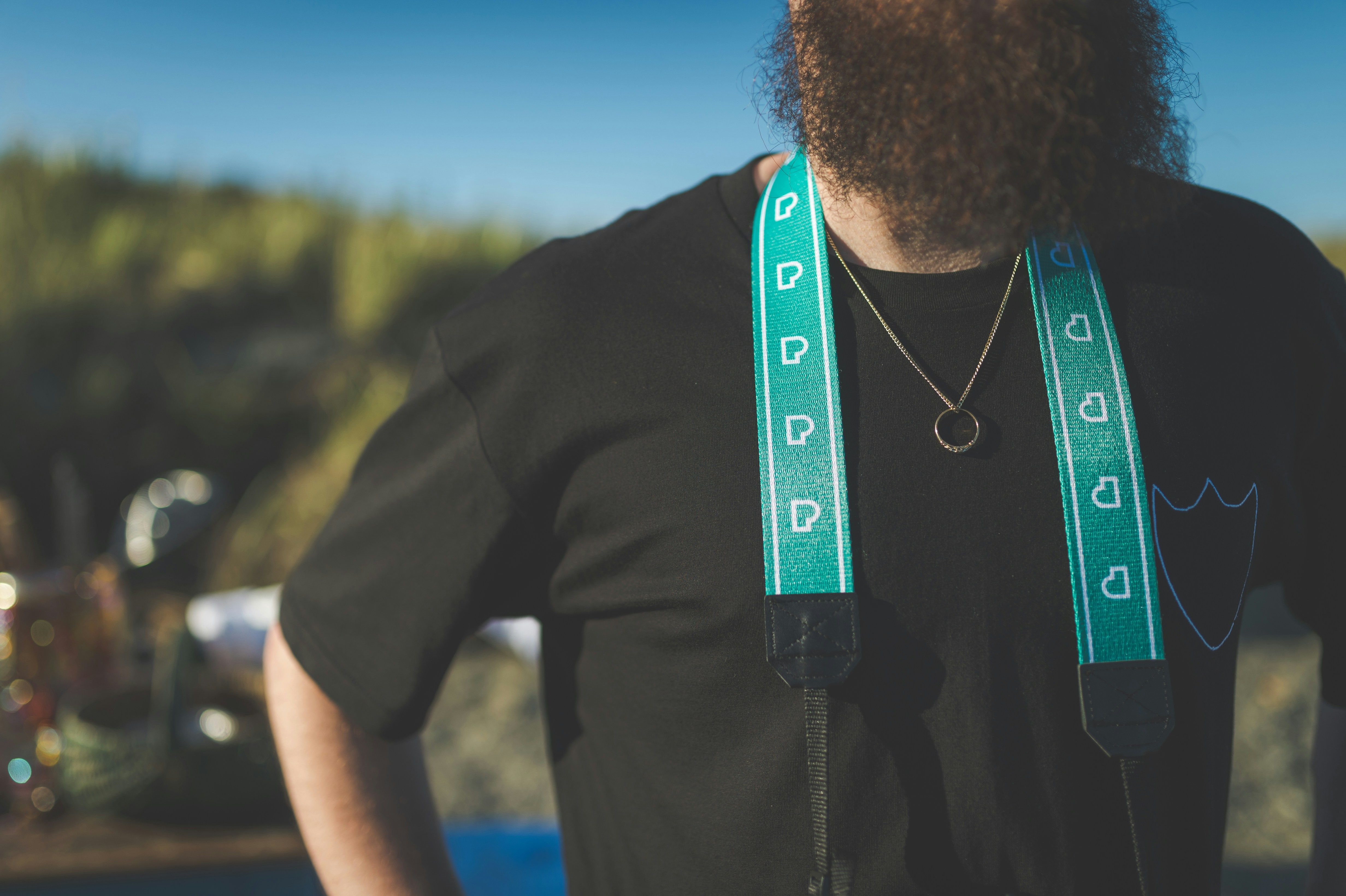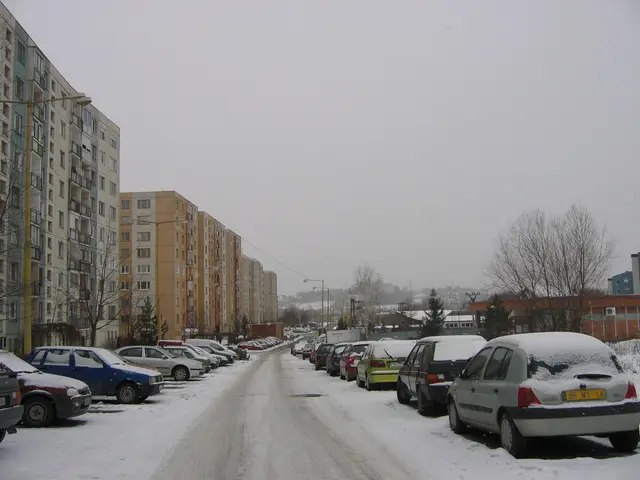Berlin's Hardship Commission Grants 189 Residence Permits in 2023
Commission approves permanent residency in 189 instances - Permits granted for residency in 189 instances by Commission's approval
Faced with heart-wrenching cases, the Berlin Hardship Commission stepped up last year, authorizing residence permits for 189 individuals whose asylum applications were initially denied. This revelation came from none other than Berlin's Senate Department of the Interior.
Out of the 211 hardship cases submitted to Senator for the Interior, Iris Spranger (SPD), a whopping 89.6% got the green light. As a result, the State Office for Immigration was able to issue residence permits.
The story doesn't end here. The origin countries of affected individuals include Georgia, Turkey, Nigeria, Azerbaijan, Serbia, and Armenia. The success rate in 2023 was 90.5%, significantly higher than the 96% recorded in 2022. Compared to the rates in 2021 (76.7%) and 2020 (72.4%), it's obvious things are on the upswing for these asylum seekers.
The Interior Administration has kept tight-lipped about the individuals behind these cases; however, it reported 283 cases involving 435 people last year.
Established in 2005, the Hardship Commission is a joint effort between the churches and welfare organizations in Berlin. Its purpose is to be a helping hand for individuals with a migration or refugee background who can't obtain a residence permit based on other legal grounds in Berlin.
The commission deals with situations where deportation is imminent, and there are urgent personal or humanitarian reasons to intervene. It takes various factors into account, such as social and economic integration, and each case is thoroughly reviewed. If Senator Spranger approves a hardship request, a residence permit can be issued.
Senator Spranger commended the commission members for their dedication. "With their help, we can prevent disproportionate hardships in immigration law," she said.
The Hardship Commission Process
- Application Submission: Rejected asylum seekers may apply to the commission for a residence permit based on compelling humanitarian grounds.
- Review of Hardship Case: The Commission evaluates the applicant's personal circumstances, looking for exceptional reasons that justify granting a residence permit despite the initial rejection.
- Decision Making: The Commission makes a binding recommendation or decision on whether to grant a residence permit under §25b of the German Residence Act.
- Issuance of Residence Permit: If approved, the residence permit enables the individual to stay legally in Berlin and access integration benefits, social services, and work opportunities.
Criteria for Granting a Residence Permit
Hardship criteria focus on:
- Severe personal or humanitarian hardship
- Evidence of integration into German society
- Health conditions that cannot be treated in the country of origin
- Family relationships, especially children with legal residence or strong ties in Germany
- Length of stay in Germany
- Risk of severe psychological or physical harm upon return
Country-Specific Focus
- In 2023, Georgia, Nigeria, Turkey, Azerbaijan, Serbia, and Armenia saw the majority of cases referred to the Hardship Commission in Berlin.
- Each country represents a mix of individuals who claim persecution, economic hardship, or familial reasons for seeking asylum.
- The commission's decisions are case-by-case and consider both legal and humanitarian dimensions.
- The Hardship Commission, a joint effort between the churches and welfare organizations in Berlin, was established in 2005 to help individuals with a migration or refugee background who can't obtain a residence permit based on other legal grounds in Berlin.
- The commission deals with situations where deportation is imminent, and there are urgent personal or humanitarian reasons to intervene. It takes factors such as social and economic integration, health conditions, family relationships, length of stay in Germany, and risk of severe harm into account when reviewing each case.
- In 2023, the commission reviewed and made decisions on 283 cases involving 435 people. The origin countries of these individuals included Georgia, Nigeria, Turkey, Azerbaijan, Serbia, and Armenia.
- If Senator Iris Spranger approves a hardship request, a residence permit can be issued, which enables the individual to stay legally in Berlin and access integration benefits, social services, and work opportunities.







